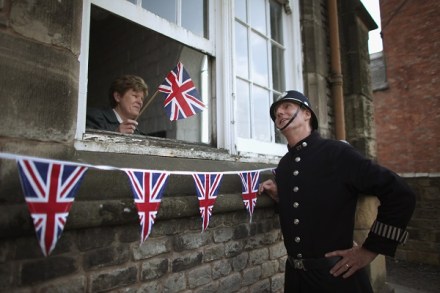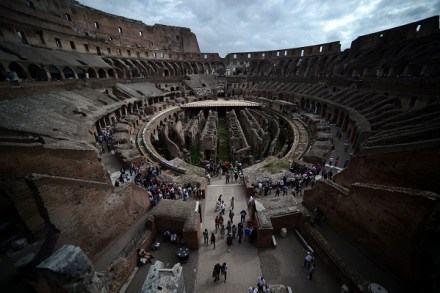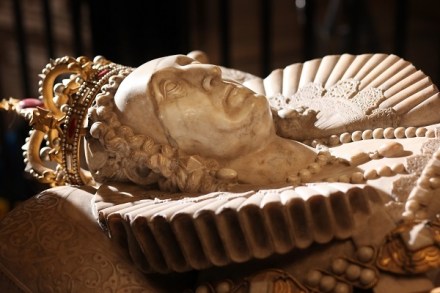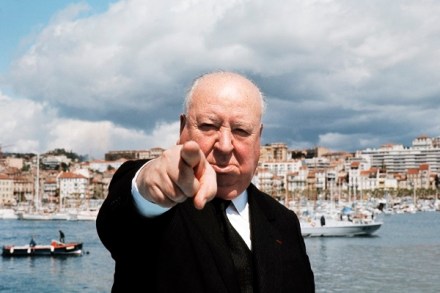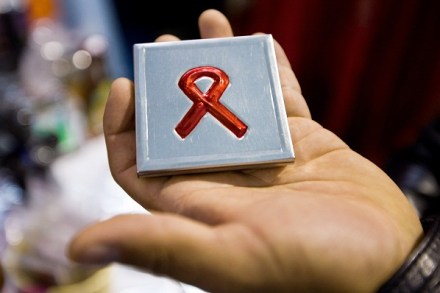‘Ware’s Victorian Dictionary of Slang and Phrase’, by J. Redding Ware – review
More from BooksJames Redding Ware, with his idiosyncratic treatment of slang, plunges the reader straight into the late 19th-century Bartholomew Fair of undeserving paupers, loafers, Ally Slopers, theatrical types and demi-mondaines. He drew on his own Grub Street life for this discursive lexicon, from A.D. (‘a drink’) to Zulu Express (the nickname for a Great Western service),







